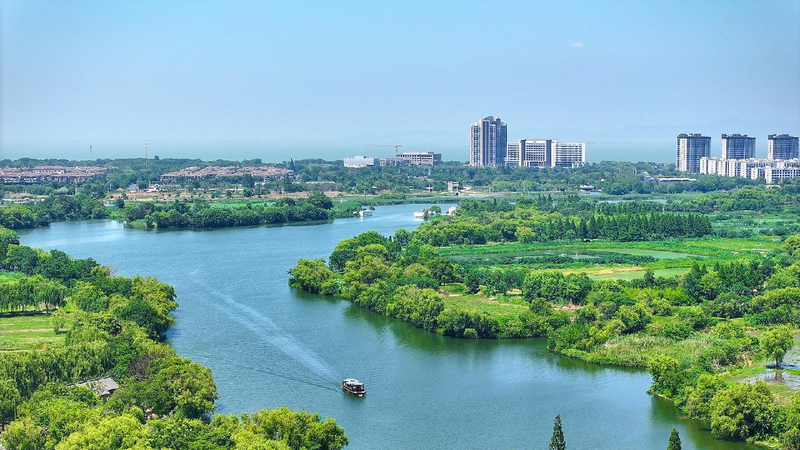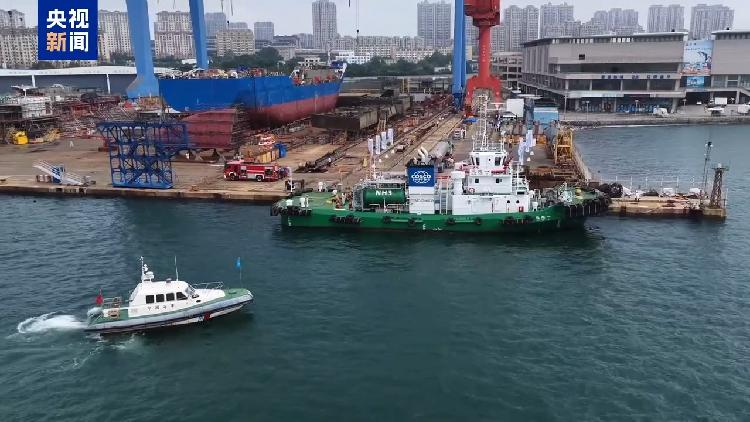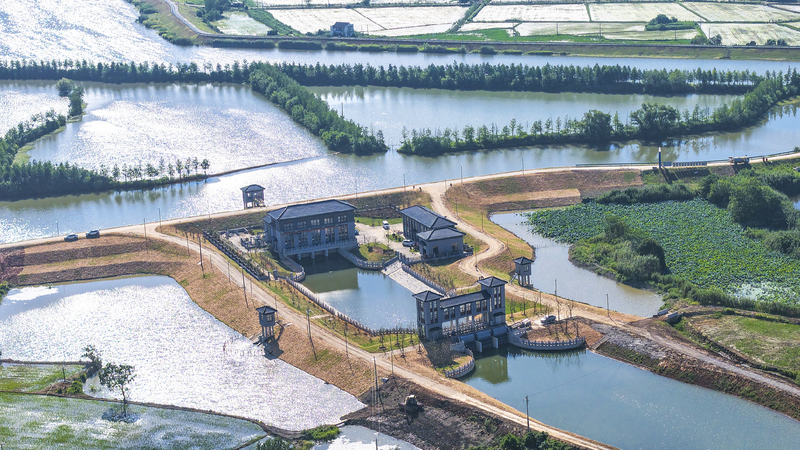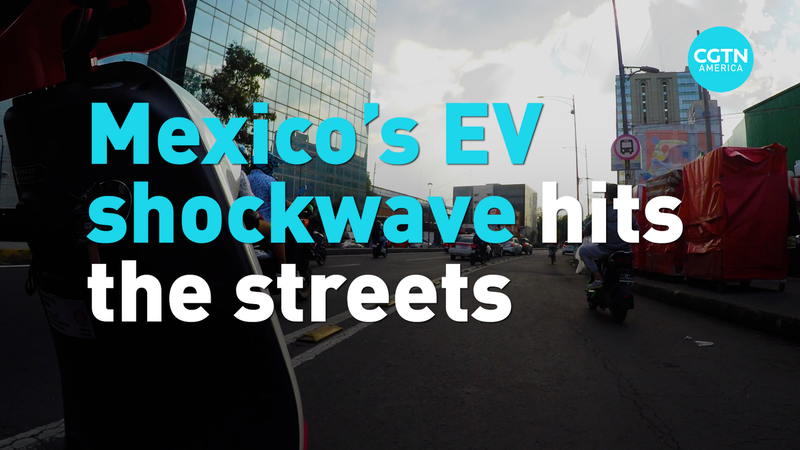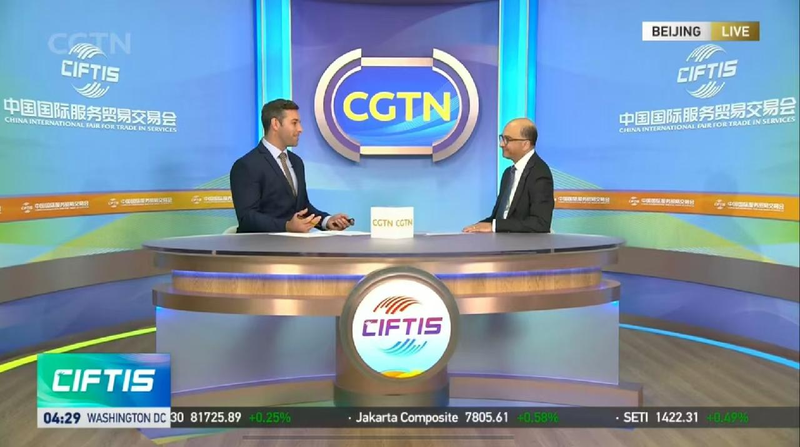Imagine a city where almost nothing goes to waste! 🏙️ In China, they’re making this a reality by creating “zero-waste cities”. Let’s dive into how they’re turning trash into treasure and building a greener future.
What Is a Zero-Waste City?
A “zero-waste city” doesn’t mean there’s no garbage at all. It means the city works hard to reduce waste, recycle materials, and reuse items as much as possible. This way, very little ends up in the landfill, helping keep our planet clean! 🌏
Big Plans Across China
Under their 14th Five-Year Plan, the Chinese mainland has picked over 100 cities to become zero-waste cities by 2025. That’s a huge commitment! They’ve started more than 3,700 projects like building recycling centers and teaching people how to sort their trash. They’ve invested over 1 trillion yuan (about $140 billion) to make it happen! 💰
A Peek into Some Innovative Cities
Xiong’an New Area
In North China’s Xiong’an New Area, each neighborhood has its own “waste cell”. This means they recycle construction waste right on site to use in new buildings. They have smart bins that help people sort recyclables, and special centers turn old metal and plastic back into materials factories can use again. It’s like a big recycling loop! ♻️
Chongqing’s System Makeover
In Chongqing, they’ve improved how the whole city handles waste. Communities have new centers where people can bring items to be recycled. Food scraps become compost for nearby farms, and other waste is turned into energy to power the city. They’ve even got places where you can fix broken items instead of throwing them away! 🔧
Shenzhen’s Creative Experiments
Shenzhen is taking innovation to the next level! They’re testing cool ideas like making eco-friendly plastics from food scraps using algae and using robots to take apart old electronics to recycle rare metals. They’re working with startups and schools to find the best solutions. It’s like a science lab in a city! 🤖
Why It Matters
By working towards zero waste, these cities are making a big difference for the environment. Less waste means cleaner air, water, and land. Plus, recycling saves resources and energy. China’s efforts show how cities can grow while still taking care of our planet. 🌱
How You Can Help
You can join in by reducing waste at home! Try to recycle, reuse items, and think twice before throwing something away. Small actions can make a big impact. Together, we can help create a greener future! 💚
Reference(s):
cgtn.com
